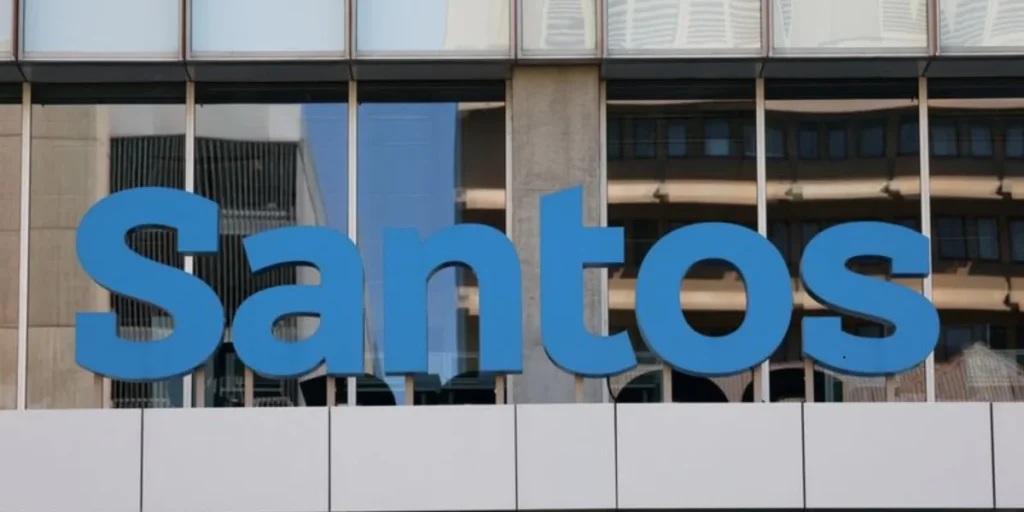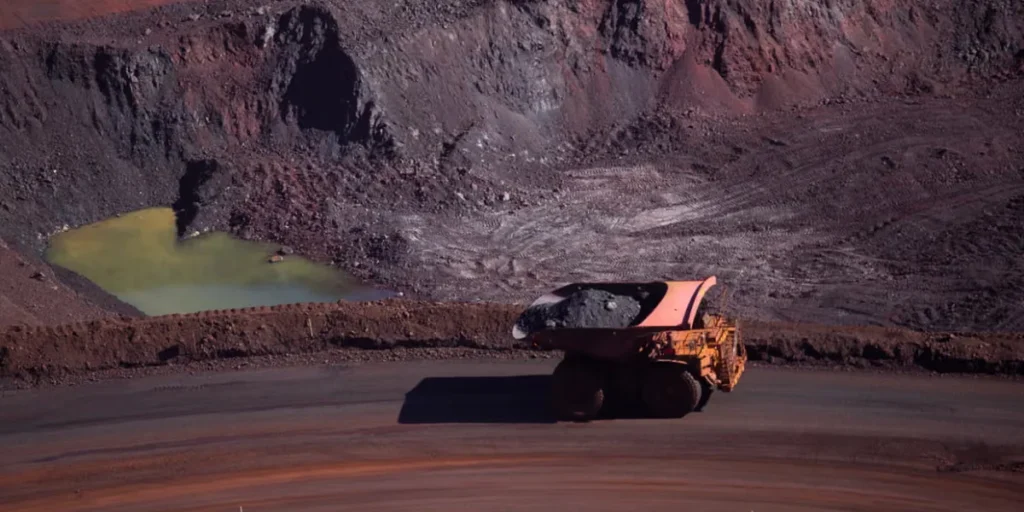Failed takeover deals Australia continue to shake market confidence as Abu Dhabi National Oil Company (ADNOC) recently withdrew its massive $18.7 billion offer to acquire Santos, the Australian gas producer. This represents the third unsuccessful bid for Santos in just seven years, highlighting the significant challenges facing major transactions in the Australian market. The withdrawal occurred merely 48 hours before the binding all-cash offer deadline, sending Santos shares plummeting by 12% to $6.70 and dragging down the entire energy sector by 5.5%.
The collapse of such takeover deals reflects a concerning pattern in Australian business. Indeed, several other high-profile acquisitions have similarly fallen apart, including BHP Group abandoning its $49 billion bid for Anglo American in May 2024 after three rejections. Furthermore, Woodside Energy and Santos previously ended discussions about creating an A$80 billion ($53.15 billion) oil and gas giant earlier in 2024. The failure of these major deals often stems from disagreements over valuation, difficulties meeting shareholder approval thresholds, and regulatory risks. For instance, Brookfield’s joint $10.6 billion takeover bid for Origin Energy collapsed in late 2023 when only 69% of shareholders voted in favour, below the required 75% threshold.
ADNOC Withdraws $18.7B Santos Bid After Valuation Dispute

The Abu Dhabi National Oil Company (ADNOC) consortium abruptly abandoned its AUD 28.59 billion (US$18.7 billion) takeover bid for Australian gas producer Santos just 48 hours before the binding deadline. This marks Santos’ third failed acquisition attempt in seven years, highlighting persistent challenges in securing major Australian energy deals.
Multiple factors contributed to the collapse. Although negotiations had progressed for months with two exclusivity extensions, the consortium ultimately found issues during due diligence that reduced their assessment of Santos’ value. A key sticking point emerged over a looming Papua New Guinea tax liability worth approximately AUD 458.70 million, which XRG (ADNOC’s overseas subsidiary) objected to paying.
Additionally, disagreements surfaced regarding regulatory approval responsibilities. Santos demanded that the bidders secure upfront Foreign Investment Review Board approval, while also seeking commitments to domestic gas development and supply. The consortium viewed these requirements as an unfair risk allocation.
Consequently, Santos shares plummeted by nearly 14% following the announcement, erasing gains made since the June offer of AUD 8.81 per share. The collapse has raised questions about Santos’ leadership and strategic direction, with some analysts noting the rarity of two bidders walking away during due diligence in such a short timeframe.
The failed deal would have required approvals from numerous regulatory bodies, including Australia’s FIRB, ASIC, and PNG authorities, adding substantial complexity to an already challenging transaction.
BHP, Woodside and Brookfield abandon mega-mergers

Several other major Australian takeover deals have collapsed recently, creating a pattern of failed merger attempts across the resources sector.
In May 2024, mining giant BHP Group abandoned its AUD 74.92 billion bid to acquire Anglo American after being rebuffed three times. The structure of BHP’s proposal, which required Anglo to divest its South African platinum and iron ore businesses, proved a major stumbling block. Despite BHP chairman Ken MacKenzie initially viewing the proposal as a “one plus one equals three opportunity,” the company has subsequently “moved on” from the failed acquisition attempt.
Meanwhile, Perth-based Woodside Energy terminated merger discussions with Santos in February 2024 that would have created an AUD 81.27-122.32 billion global oil and gas giant. These talks collapsed primarily due to valuation disagreements, with sources confirming no firm bid emerged following two months of due diligence. Woodside CEO Meg O’Neill emphasised the company would “only pursue a transaction that is value accretive for its shareholders”.
Even earlier, Canadian investment firm Brookfield’s joint AUD 16.21 billion takeover bid for Origin Energy failed in December 2023 when just 69% of shareholders supported the deal, below the required 75% threshold. Australia’s largest pension fund, AustralianSuper, effectively blocked the acquisition with its 17% stake, deeming the AAUD 14.36 per share offer “low-ball”.
Related Article: Managing Your Super: How to Check Superannuation Balance in a Few Simple Steps
Albemarle, KKR and others exit high-profile deals

Beyond the resource sector, other high-profile acquisitions have fallen through, amplifying market uncertainty across multiple industries.
In October 2023, US mining giant Albemarle Corporation terminated its AUD 10.09 billion takeover bid for Australian lithium developer Liontown Resources. The company cited “growing complexities associated with the transaction” as the primary reason for withdrawal. This decision came shortly after Australian billionaire Gina Rinehart’s Hancock Prospecting increased its stake in Liontown to 19.9%, effectively gaining enough influence to potentially block the deal. Albemarle’s original offer valued Liontown at AUD 4.59 per share, yet the current share price has fallen dramatically to just AUD 1.39.
Likewise, a consortium led by private equity firm KKR & Co. abandoned its nearly AUD 19.88 billion offer for Australian hospital operator Ramsay Health Care in 2022. Negotiations stalled after Ramsay reported a worse-than-expected 39% slump in annual profit. The proposed AAUD 134.55 per share cash offer represented a significant premium, considering Ramsay’s current share price of AUD 50.38.
These failed transactions ultimately reflect a broader pattern where frothy markets and confident boards pursued ambitious deals that couldn’t overcome valuation disputes, regulatory challenges, and shareholder approval thresholds.
Conclusion – Failed Takeover Deals Australia
The Australian market continues to witness significant disruption as major takeover deals repeatedly collapse. ADNOC’s withdrawal from the $18.7 billion Santos acquisition, alongside BHP abandoning its Anglo American bid and Woodside terminating merger discussions with Santos, certainly reflects a troubling pattern for the resource sector. These failures, coupled with collapsed deals from Brookfield, Albemarle, and KKR across different industries, point to systemic challenges rather than isolated incidents.
Several factors appear consistently throughout these failed transactions. Valuation disagreements undoubtedly stand as the primary obstacle, with parties unable to reach consensus on fair pricing. Additionally, complex regulatory requirements across multiple jurisdictions create substantial hurdles. The 75% shareholder approval threshold likewise presents a formidable barrier, as demonstrated by Brookfield’s Origin Energy bid falling short despite securing 69% support.
Though ambitious companies still pursue transformative acquisitions, the Australian business landscape reveals a clear message – deals face exceptional scrutiny from regulators, shareholders, and boards alike. The frequency of these high-profile collapses therefore raises questions about deal structure, due diligence processes, and whether the pursuit of mega-mergers remains viable in the current Australian market environment. Until these fundamental issues receive proper attention, the pattern of failed acquisitions might well continue, further dampening investor confidence across multiple sectors.
Why are so many major takeover deals failing in Australia recently?
Several factors contribute to the failure of recent takeover deals, including valuation disagreements, complex regulatory requirements, and difficulties meeting shareholder approval thresholds. These challenges have affected deals across various sectors, particularly in resources and energy.
What impact do failed takeover deals have on the Australian market?
Failed takeover deals often lead to significant share price drops for the involved companies and can negatively impact entire sectors. For example, Santos shares fell 12% after ADNOC withdrew its bid, dragging down the energy sector by 5.5%. These collapses also create uncertainty and dampen investor confidence across multiple industries.
How does the 75% shareholder approval threshold affect takeover deals?
The 75% shareholder approval threshold presents a significant challenge for takeover deals in Australia. This was evident in Brookfield’s bid for Origin Energy, which failed despite securing 69% support. Large stakeholders can effectively block deals if they believe the offer undervalues the company.
What role do regulatory approvals play in the success of takeover deals?
Regulatory approvals are crucial for the success of takeover deals, especially those involving foreign investors. Deals often require approvals from multiple bodies such as the Foreign Investment Review Board (FIRB) and other jurisdictions involved, adding complexity and potential roadblocks to transactions.






